The Ins and Outs of Mulching
If you're looking to improve your garden soil and plant growth, consider using mulch. Mulch is used to protect gardens, provide nutrients, retain water, and more. Mulching is relatively simple, but there are a few key points to be aware of before you use it in your garden. This article will explain the basics of mulch, the benefits it provides, and how to properly mulch your garden.
What Is Mulch?
Mulch is typically an organic compound that's placed on the surface of your garden soil. There are a few different materials that are most frequently used including straw, hay, shredded leaves, compost, and bark. Bark is one of the most robust options. According to Off Grid Grandpa, wood chips won't fully decompose for three to eight years. There are also synthetic compounds that you can use to provide the same benefits if you are not using organic material.
The Benefits
Think of mulch as a suit of armor for your garden soil. Bare soil is exposed to the elements and will erode much quicker without a tough exterior layer. Mulch simultaneously helps retain more water for your plants. It prevents weed growth and the added insulation also helps maintain an even temperature, which is best for healthy plant growth. If you use organic compounds for your mulch, they will provide nourishment to the soil as they break down.
How to Mulch
Now that you understand what mulch is and the benefits it provides, you need to know some basic guidelines for mulching. The first is to add only two to four inches of mulch to your garden. Too much mulch and you risk suffocating your plants by cutting them off from water. Too little mulch and you won't receive the benefits discussed above. Weeds will have a better opportunity to grow and the soil will still be vulnerable to erosion.
Keep in mind that you will use a different amount of mulch based on the type of mulch you're using and the plants you are growing. For instance, with wood chips, you can stick closer to two inches. It's a thick and durable material that can lead to problems if you apply too much. Finer compounds like straw will need to be layered closer to the four-inch mark since it erodes and decomposes faster.
Make sure to remove any weeds before you apply the mulch. Let plant stalks and tree trunks breathe. Be sure to not pile mulch too close to them. While mulch is great for your soil, close contact with the plants can lead to rotting. Keep a few inches in diameter around your plants and trees to avoid any issues. If you're growing something, allow it to sprout before you apply the mulch as the thick layer will inhibit your seedlings' growth.
When to Mulch
Timing is important for mulching. The best times to apply new mulch are in the transition seasons: spring and fall. In the spring, apply any fertilizer to your garden first, and then add the layer of mulch. Again, if you are growing veggies or other plants in a part of your garden, wait until the seeds have sprouted before you mulch the surrounding soil. After adding the mulch, water everything for good measure.
Adding mulch in the fall may seem like overkill since the winter will diminish your garden growth, but as mentioned above, mulch is a great insulator. It will protect your plants from changing temperatures. If you live in an area that gets a lot of rain in the winter, it will prevent all of your soil from eroding as well. As the mulch decomposes it will set your soil up for an abundant spring.
Mulch provides a lot of benefits for your garden, and there are only a few general rules to adhere to while you're applying it. Of course, working with a professional can help a considerable amount. If you are looking for mulch shops in Portland, OR, and the surrounding areas, turn to the experts at Red Bark Inc. We provide mulch and bark blower services that are second to none. Call today for more information!


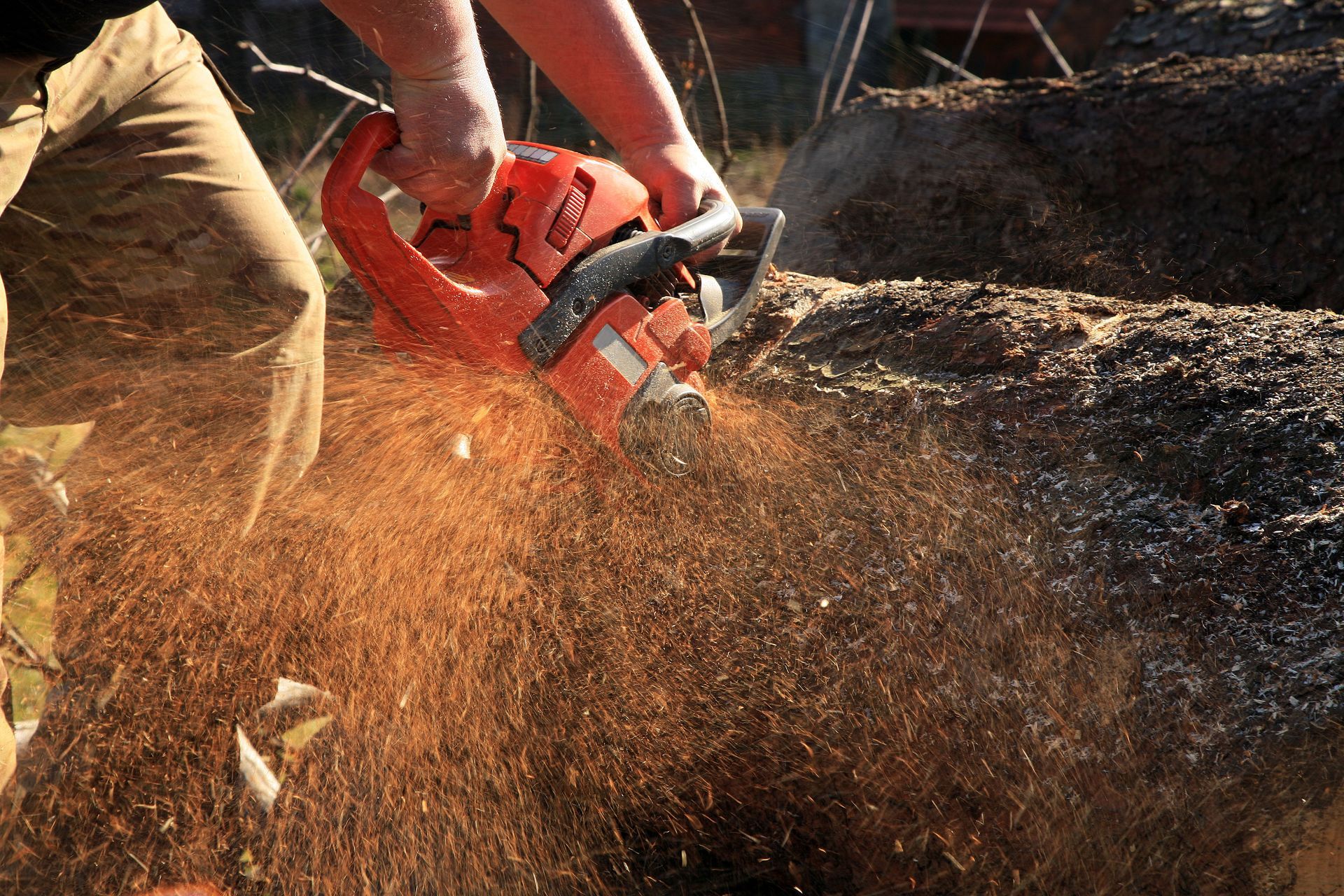
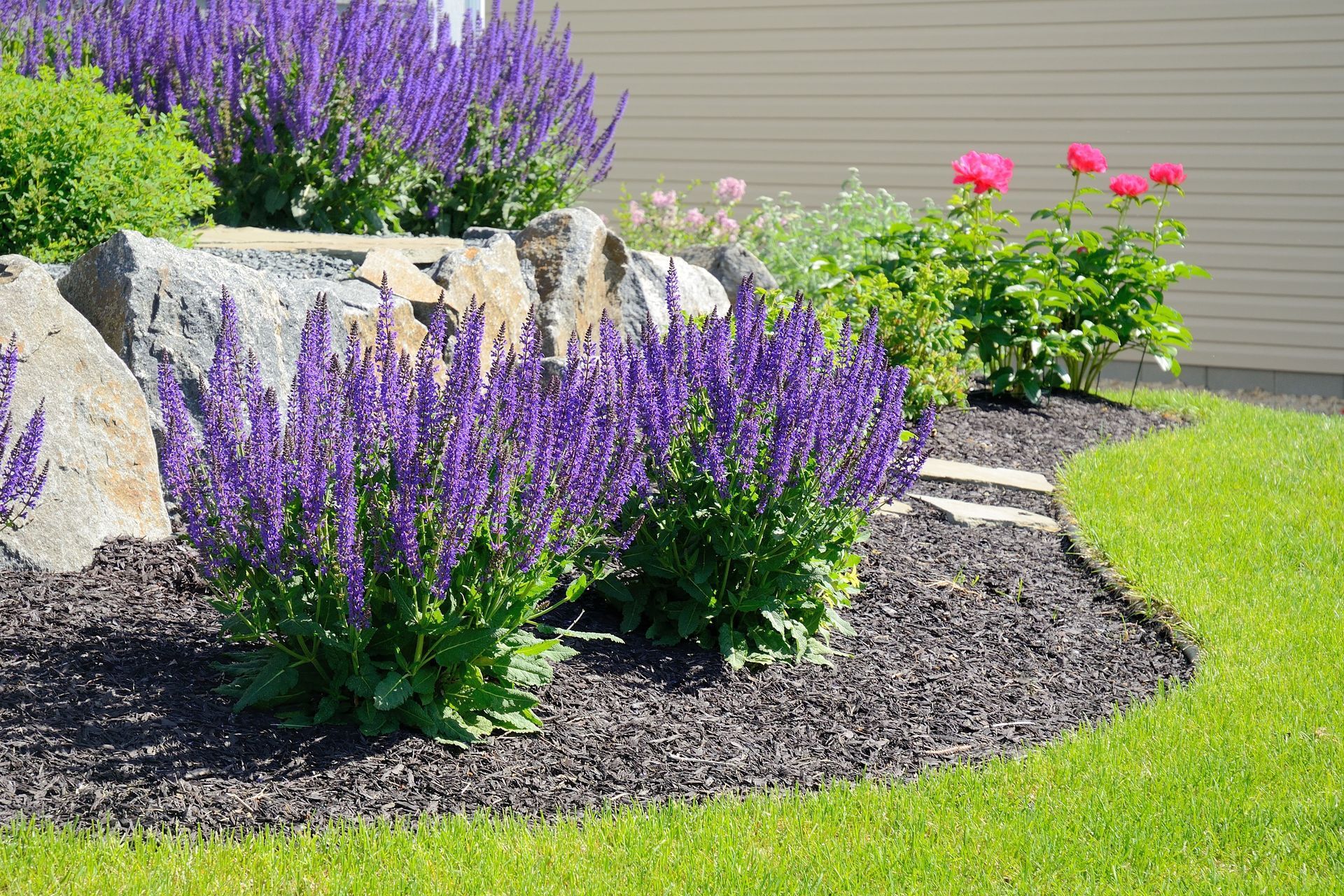
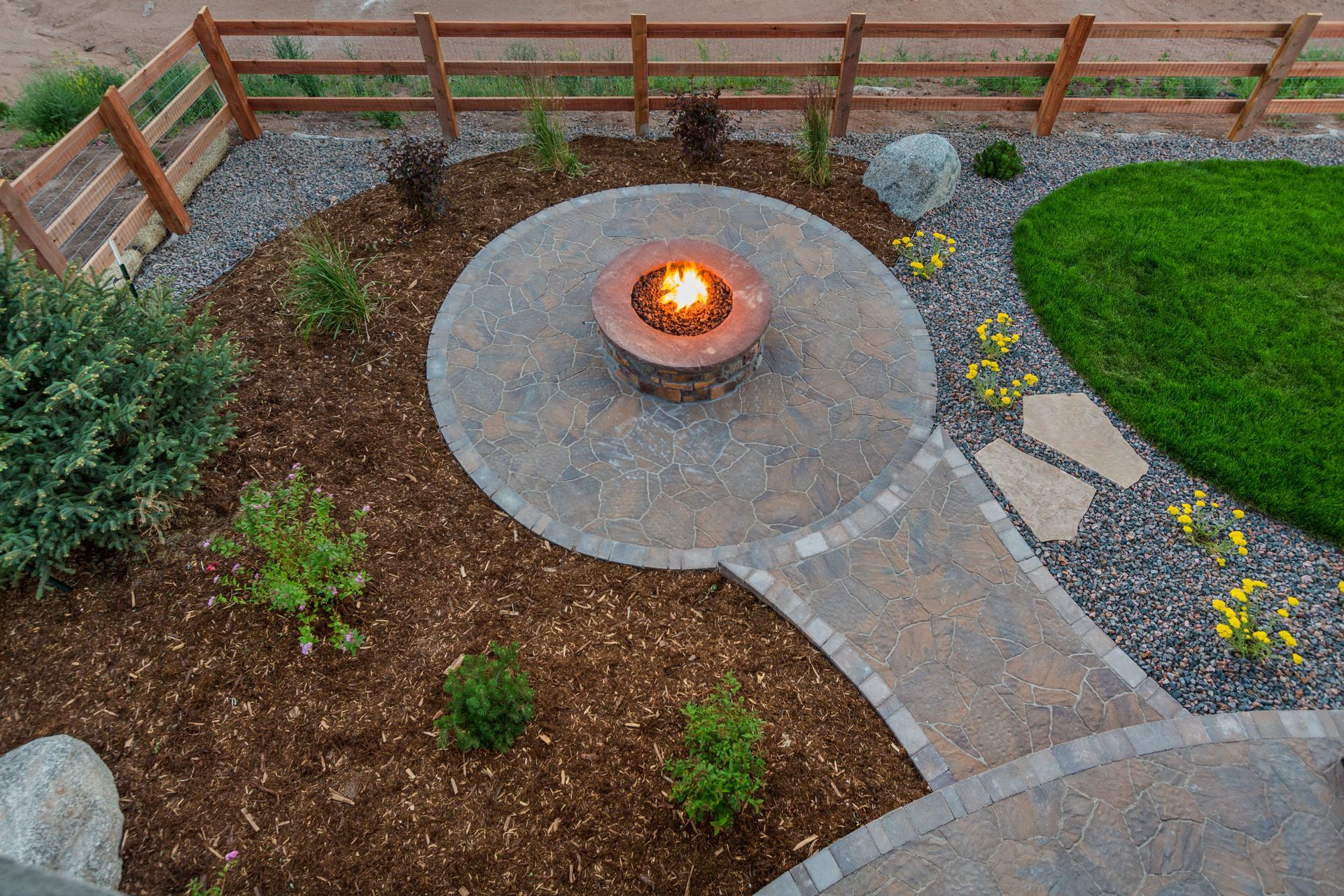
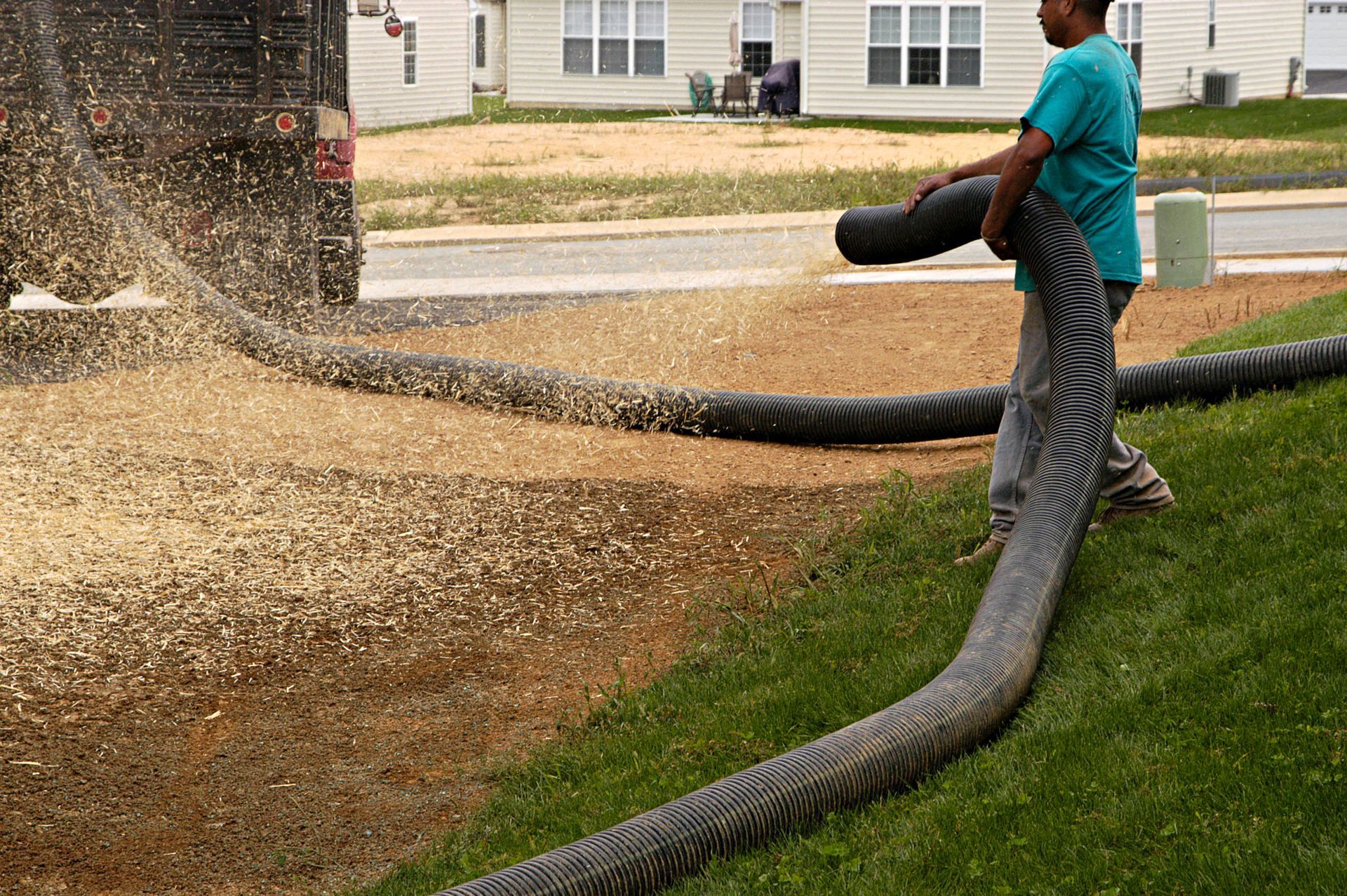
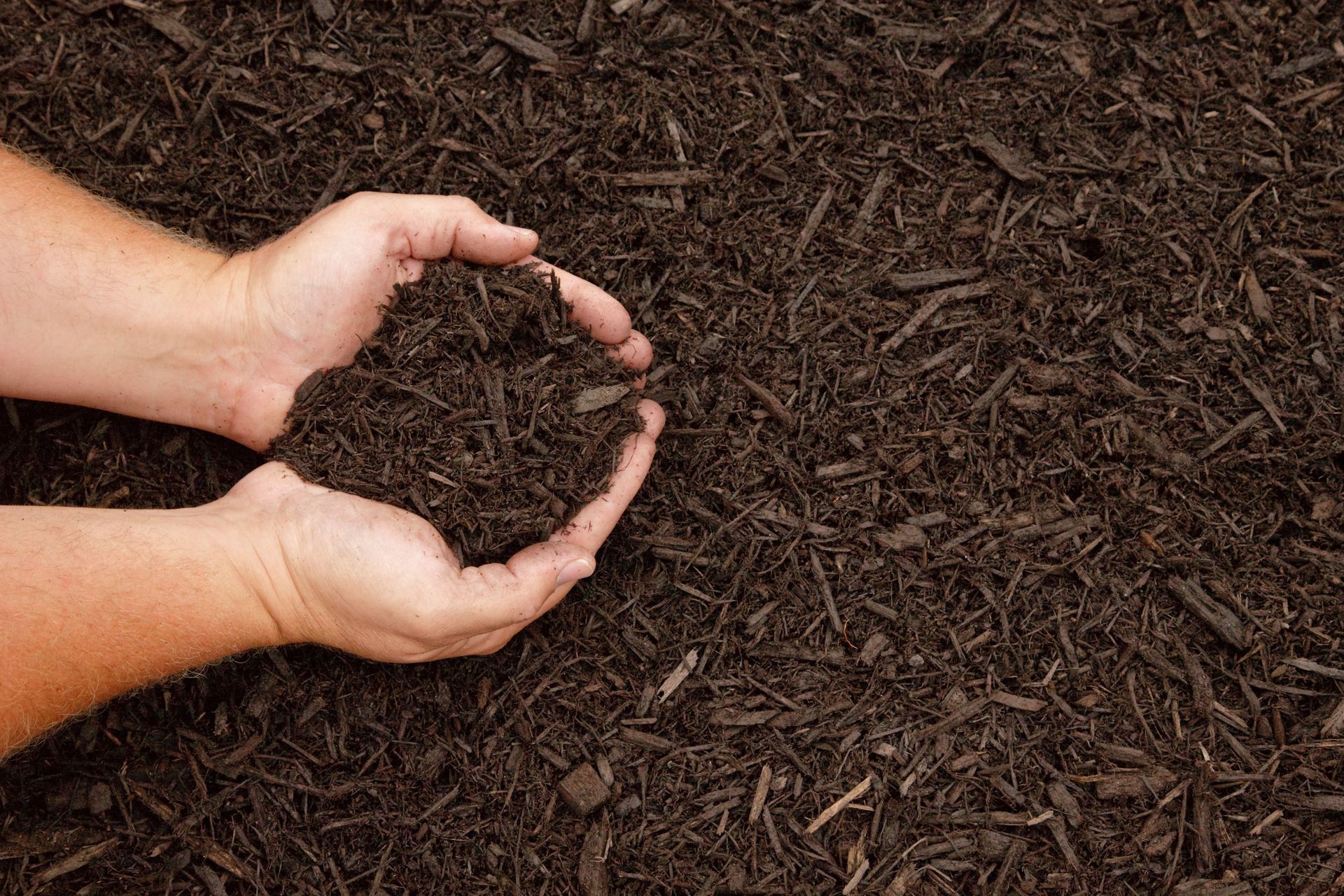
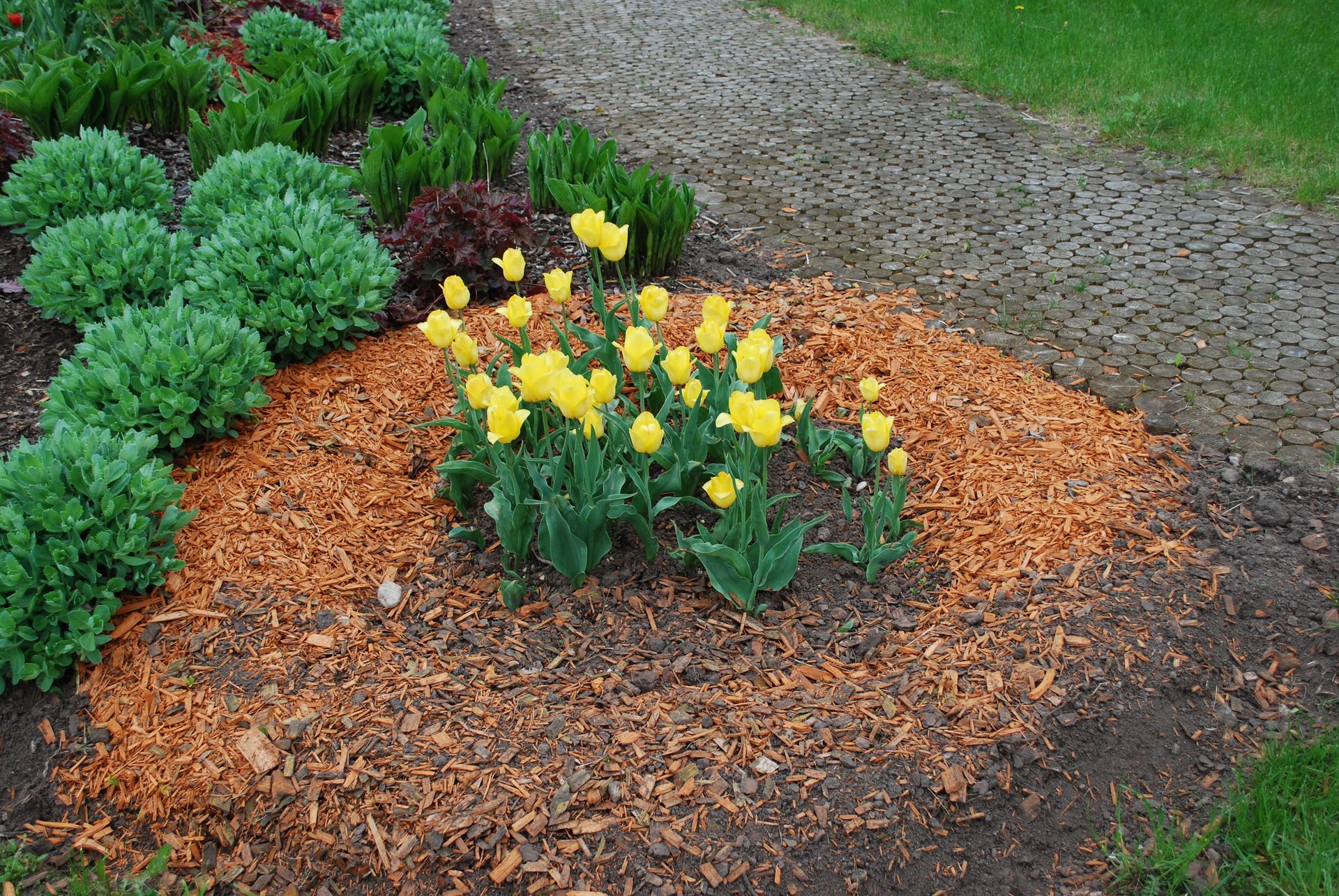
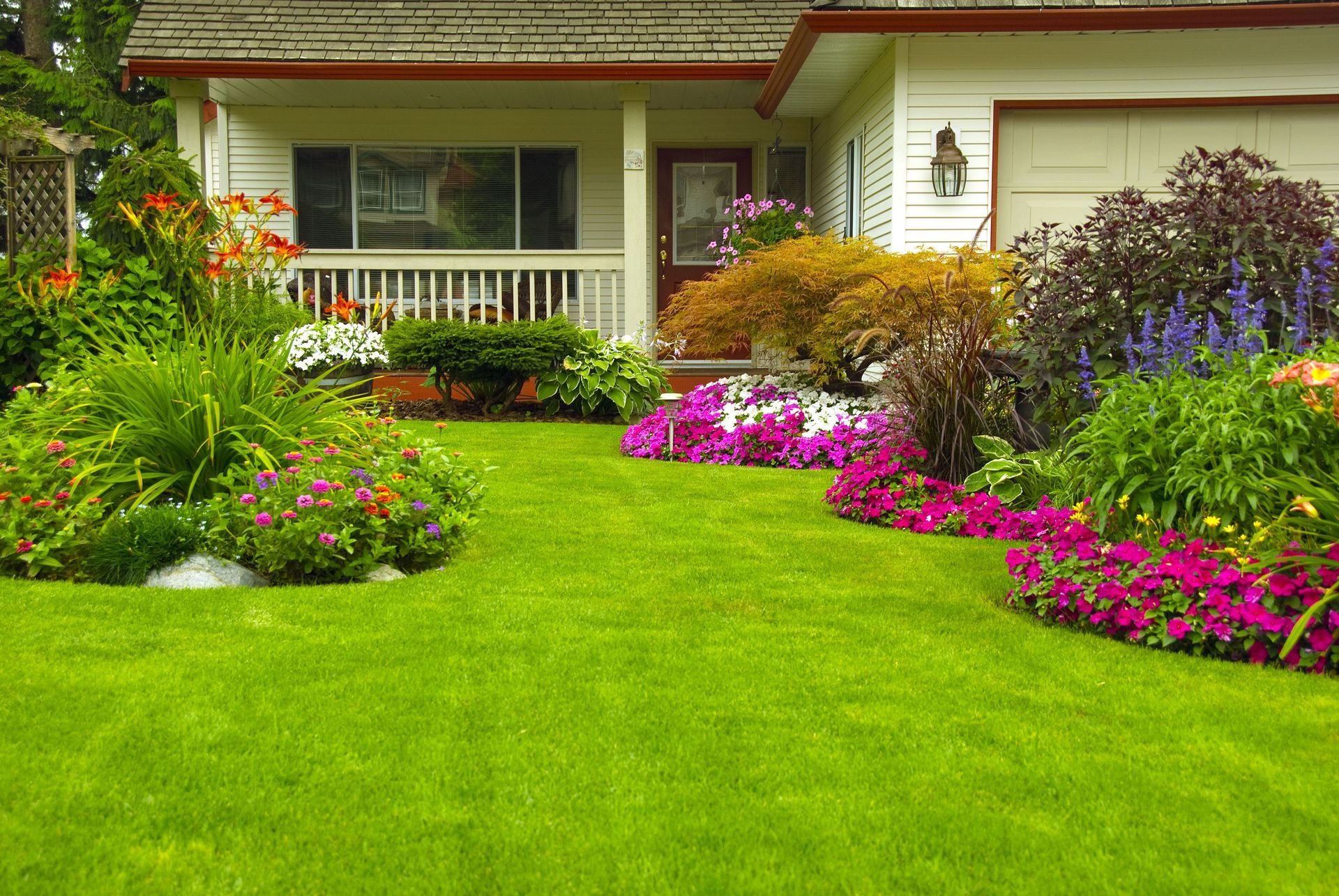
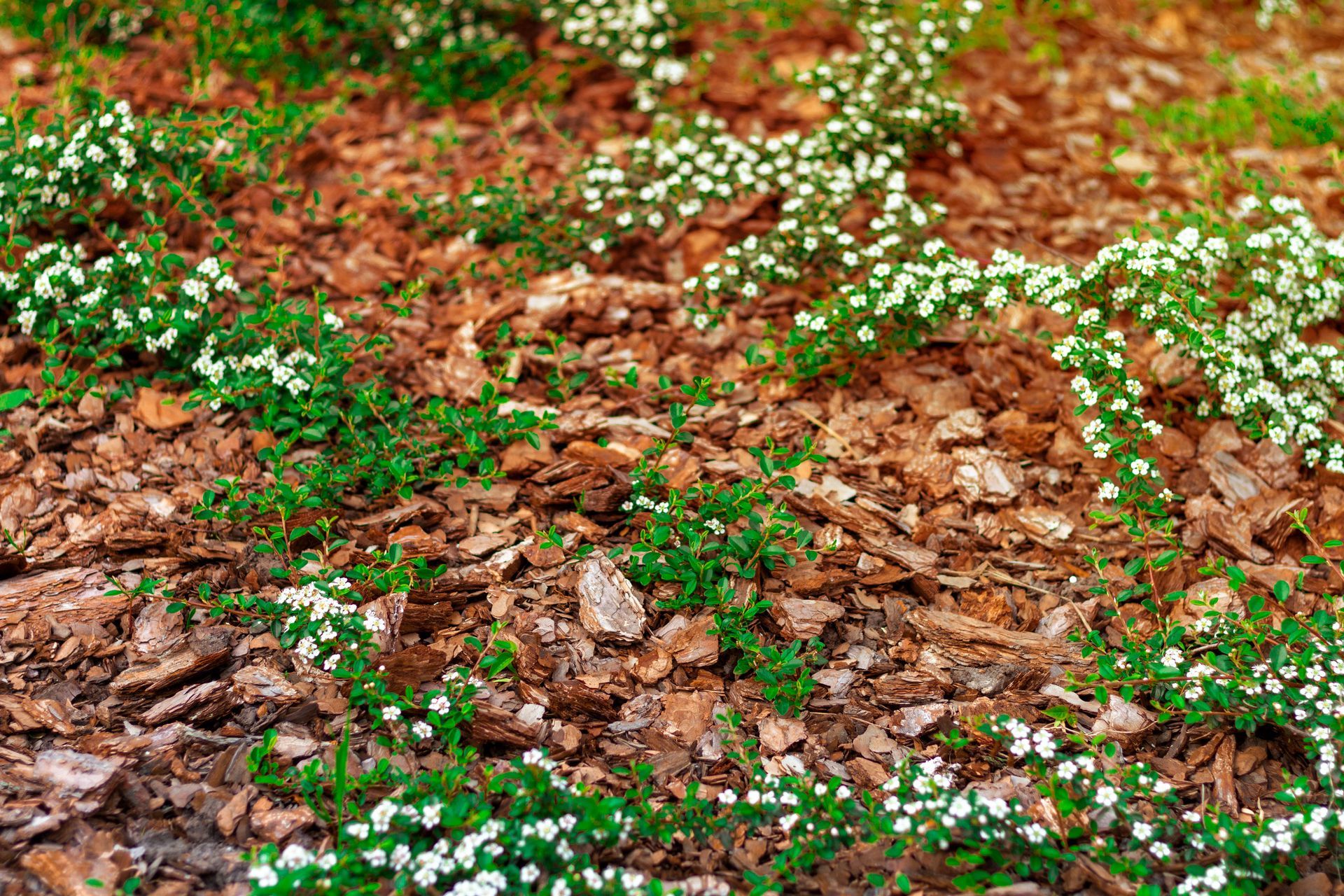
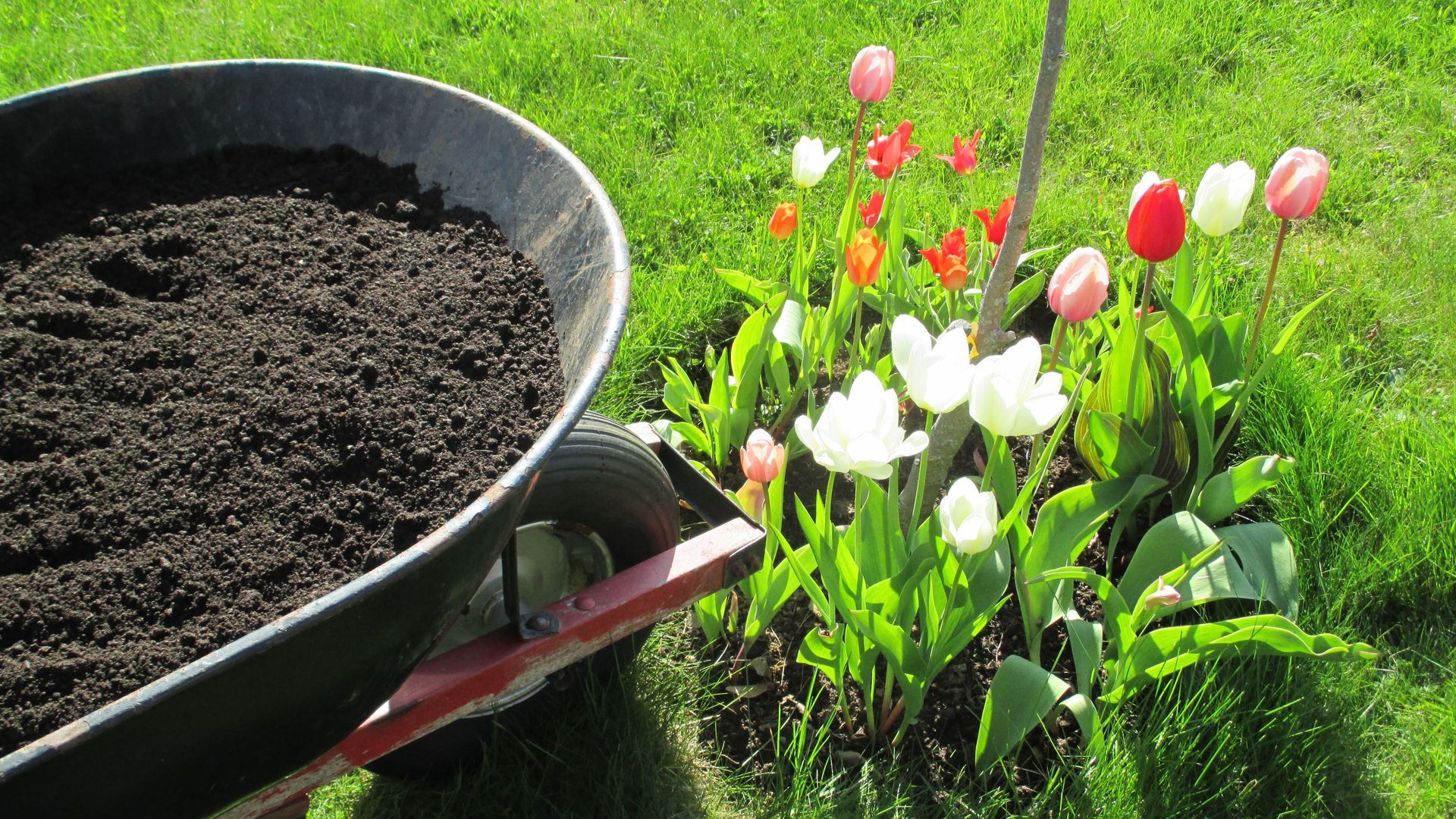
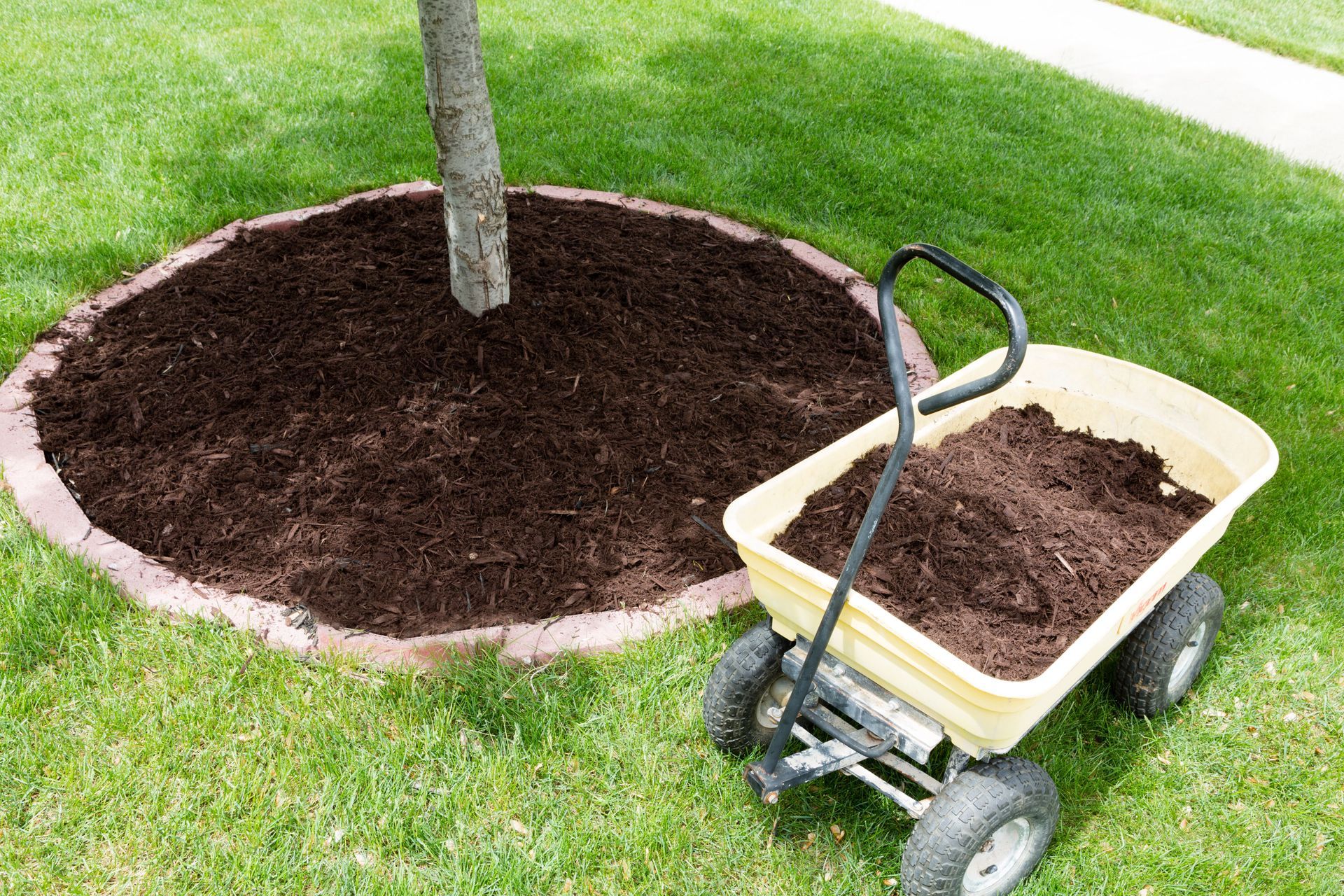
Share On: